
Sudan Violence Persists as Paramilitaries Deny Darfur War Crimes
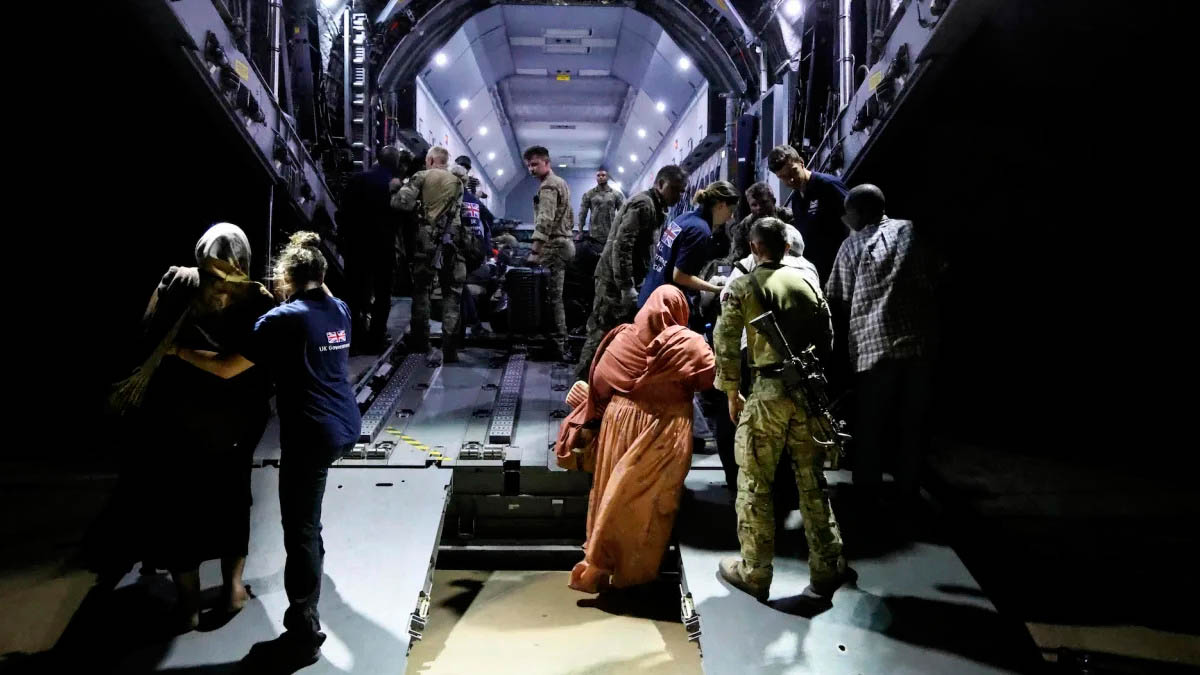
The city of Khartoum was subjected to intense air strikes on Sunday, while fighting continued to ravage Sudan’s western Darfur region, according to witnesses. The three-month-long conflict between the army and rival paramilitaries shows no signs of abating, with violence escalating on multiple fronts.
Eyewitnesses reported that army fighter jets targeted bases belonging to the paramilitary Rapid Support Forces (RSF) in the eastern and northwest areas of the capital. In response, the RSF deployed anti-aircraft weapons. Witnesses also noted that RSF drones targeted Khartoum’s largest military hospital, following a similar attack the previous day that resulted in five deaths and 22 injuries, as confirmed by the army.
Since erupting on April 15, the war between army chief Abdel Fattah al-Burhan and his former deputy, RSF commander Mohamed Hamdan Daglo, has claimed the lives of at least 3,000 people and displaced over 3 million. The conflict has been particularly brutal in Darfur, where witnesses reported heavy clashes in the town of Kas, accompanied by the use of various types of weapons. RSF fighters were accused of breaking into houses and looting them in Kas, located approximately 80 kilometers (50 miles) northwest of the South Darfur state capital of Nyala.
The RSF issued a statement claiming victory in the town of Kas. However, Darfur, home to a quarter of Sudan’s population, has witnessed devastating destruction, with entire towns razed to the ground. Reports of mass civilian deaths and ethnically motivated assassinations have been attributed to the RSF and allied Arab militias.
In response to a recent report by Human Rights Watch detailing the summary execution of at least 28 members of the ethnic Massalit group and the total destruction of Misterei town in West Darfur state, the RSF categorically refuted the allegations. The paramilitary force attributed the violence to longstanding tribal conflicts and maintained that they strictly adhere to international humanitarian law.
The RSF, originally stemming from the Janjaweed militia, which was armed and deployed against ethnic minority rebels in Darfur during the early 2000s, has been a subject of controversy. The previous conflict in Darfur claimed the lives of over 300,000 people and displaced 2.5 million, as estimated by the United Nations. Former dictator Omar al-Bashir faced charges of genocide and other offenses related to the atrocities committed during that time.
Amid the ongoing violence, the International Criminal Court’s chief prosecutor has launched a new investigation into suspected war crimes, including sexual violence and the deliberate targeting of civilians based on their ethnicity. The situation in Sudan remains deeply concerning, as efforts to address the conflict and protect vulnerable populations continue.
- PM Oli Hails Thailand Visit and BIMSTEC Summit Participation as Fruitful and Impactful
- PM Oli Vows to Deepen Nepal-India Relations Following Productive Talks with Indian Counterpart
- Kathmandu Chokes on Toxic Air as Health Concerns Mount
- Myanmar Earthquake Death Toll Surpasses 3,300, UN Calls for Global Support
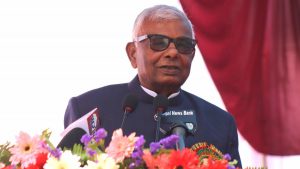
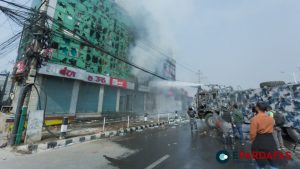
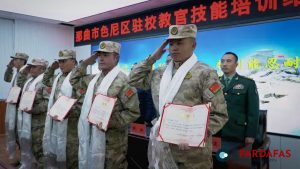
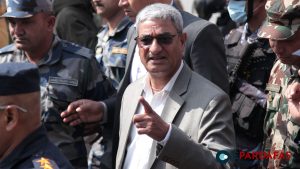
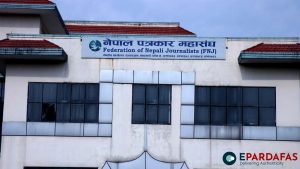
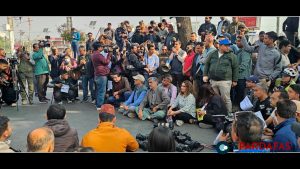



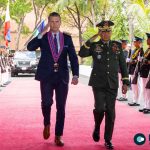
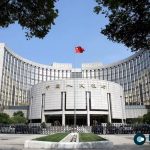

Comments